As I See It: Between the White House and prison — The case for a national jury
| Published: 08-11-2023 4:51 PM |
Today’s Week magazine headlines: “It’s Prison or the Presidency” about Trump’s second federal indictment (Aug. 1) “for conspiring to overturn election.” The very next day, The New York Times-Sienna poll says Trump and Biden are tied at 47 percent as America’s choice for 2024.
So, naturally, we ask: What kind of a man, or a potential criminal, could face years in prison yet has an even chance to be the next president of the United States?
In our common sense, something is very odd here: One half of America wants him in prison for life and the other half wants him in the White House for life. Would Americans be split over an Al Capone if he ran for president under multiple criminal indictments? How could a man accused of so many crimes still be the next president? Could all these criminal charges be for real?
Obviously, Donald Trump is not an ordinary criminal-suspect if half of America wants him as their leader for life. The details in the indictments against him show that Trump tried to swing vote counts to his favor, by using his influence in the White House. But he never used the power of the presidency. The difference is crucial: Influence comes from people like Oprah, power from your commander-in-chief.
Clearly, all of Trump’s misdeeds in the indictment are “political” in nature, not for the law, and should be resolved “politically.” Still, it’s an “unprecedented” situation that we, as a nation, have never faced before. It is so monumental in our national experience and so dramatic in consequence that it is certainly beyond the capability of one special counsel — as capable as Jack Smith is. Somehow the whole nation must be involved in judging one Donald Trump.
Providentially, we have a solution: On Nov. 5, 2024, a “national jury,” a jury made up of the whole nation’s adults, will vote on the case of Donald Trump vs. United States. That’s a dream jury, an ideal way to unravel the nation’s most intractable Gordian Knot.
On that day, the national jury will vote on defendant Donald Trump, as accused by the DOJ’s prosecutor who previously presented his reasons to the nation. If they elect Trump president in spite of all the accusations, then the jury will reward him as the next and perhaps forever-president in American-style fascism, and so be it. The national jury — we, the people — will have spoken.
If the nation rejects him, then that’s his punishment. He will be demonized in America’s culture and history like Benedict Arnold and banished from its politics like Richard Nixon. People will shudder at his name. Ostracized, shunned and shamed, Trump will be exiled into permanent oblivion in American society and social media, never to be mentioned again other than in ridicule or shudder.
Article continues after...
Yesterday's Most Read Articles
 Greenfield homicide victim to be memorialized in Pittsfield
Greenfield homicide victim to be memorialized in Pittsfield
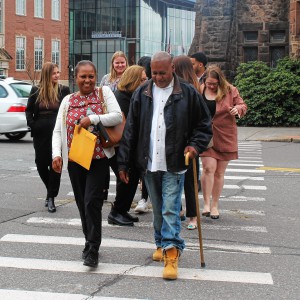 Former Greenfield man granted new trial after 1995 murder conviction, walks free
Former Greenfield man granted new trial after 1995 murder conviction, walks free
 On The Ridge with Joe Judd: What time should you turkey hunt?
On The Ridge with Joe Judd: What time should you turkey hunt?
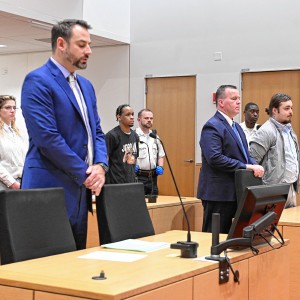 Judge sets bail for Millers Falls assault suspects
Judge sets bail for Millers Falls assault suspects
 Franklin Tech student welds artistic bench for French King Bridge
Franklin Tech student welds artistic bench for French King Bridge
 As I See It: Between Israel and Palestine: Which side should we be on, and why?
As I See It: Between Israel and Palestine: Which side should we be on, and why?
Come Nov. 5, 2024, that will be the fate of Donald Trump and a demonstration of America’s vaunted democratic justice. Now, does the verdict from 200 million voters feel inferior to that of the 12-person jury? Or is waiting until Election Day in November too much to bear? After all, the deeds are already done and Trump is not going anywhere in the meantime. Why couldn’t the nation delay the judgment, which is likely to take longer than that anyway in various courts, until we all vote on his fate? What harm is there?
To strengthen the case for a “national jury,” we can still raise some questions about Trump’s “crimes” that seem to defy common logic.
Is it possible to “subvert democracy” in America? Right off, there is no such thing as “crime of subverting democracy” because democracy does not exist in reality as a statute. It exists only as an abstract summary of all of our political, economic, cultural ways of life that have been shaped by centuries of tradition and convention, including the law. There is no way you can commit a crime against a phantom object like democracy. Only “political” crimes can be committed against things like “democracy,” “freedom,” “justice” “equality” and so on. Hence, nobody has ever committed one before unless you count Socrates or Jesus.
Did Trump attempt a coup against his own government? This is logically and practically impossible. The dictionary defines coup d’etat as “a sudden, violent, and unlawful seizure of power from a legitimate government” and there was no way he could have seized power from a “legitimate government” in a “sudden, violent, and unlawful way” because he was the legitimate government himself. Donald Trump was legally elected and constitutionally in charge of the U.S. government at the time. Why would any commander in chief stage a coup to take over a government which he already rules? In the history of coups, from Caesar to the recent coup in Niger, not a single coup was ever enacted by the head of the government.
Did Trump “command” the Jan.6 riot mob? The Capitol Hill mob had no formal relations with Donald Trump. They were civilians and entirely outside Trump’s formal chain of command, obviously influenced by his political proclamations and hot-air rhetoric. But some of those charged later for the riot also claimed that they received “commands” from God, Jesus and other possible sources of influence. We could not hold Donald Trump responsible for what the rioters did on January 6 any more than we could hold God or Jesus accountable for the rioters. Trump was not their general any more than he was my general, and neither of us is under obligation to follow his “command.”
Here rests my case for the “national jury” in November 2024.
Jon Huer, columnist for the Recorder and retired professor, lives in Greenfield. He is the author of “Donald Trump, Made in the U.S.A.”
]]>

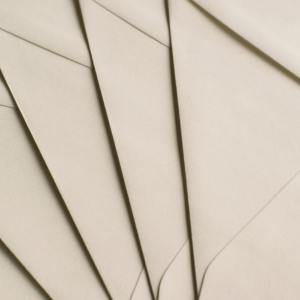 Shirley and Mike Majewski: Vote for Blake Gilmore
Shirley and Mike Majewski: Vote for Blake Gilmore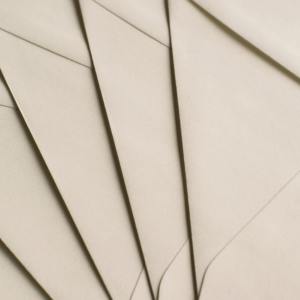 Michelle Caruso: Questions candidate’s judgment after 1980s police training incident
Michelle Caruso: Questions candidate’s judgment after 1980s police training incident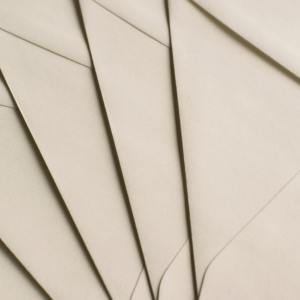 Kathy Sylvester: Vote for expertise on May 6
Kathy Sylvester: Vote for expertise on May 6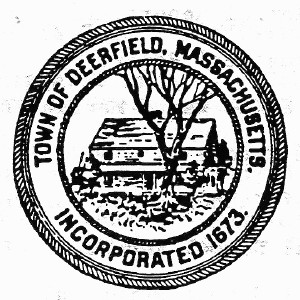 Bernie Sadoski: Blake Gilmore is committed to his community
Bernie Sadoski: Blake Gilmore is committed to his community
